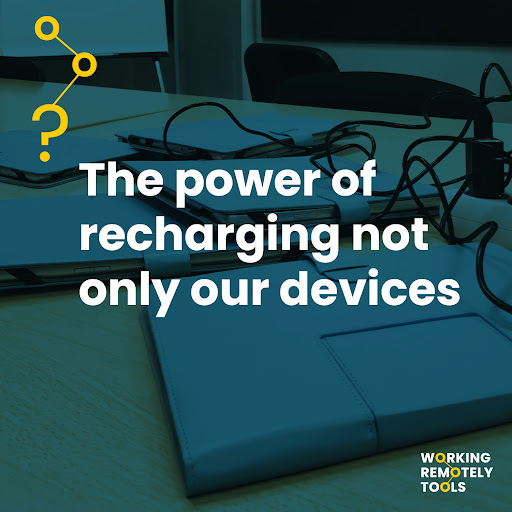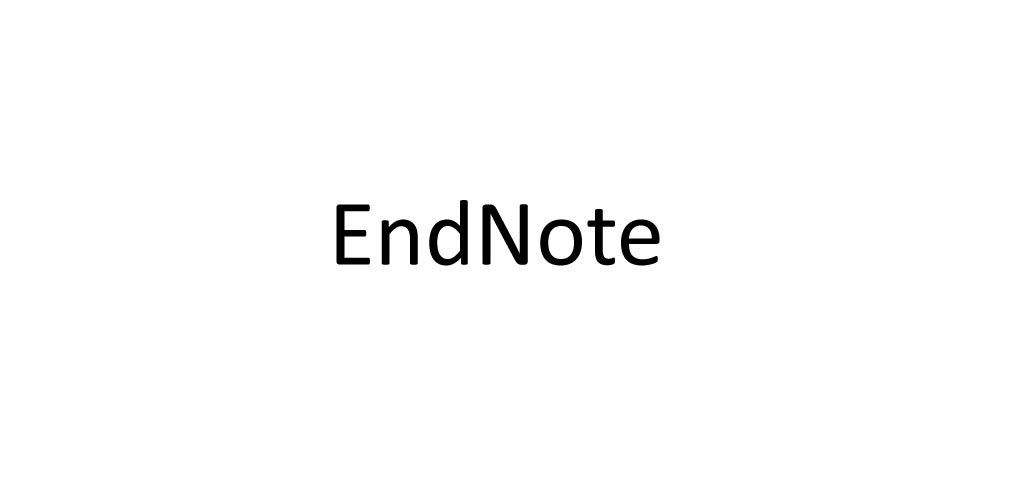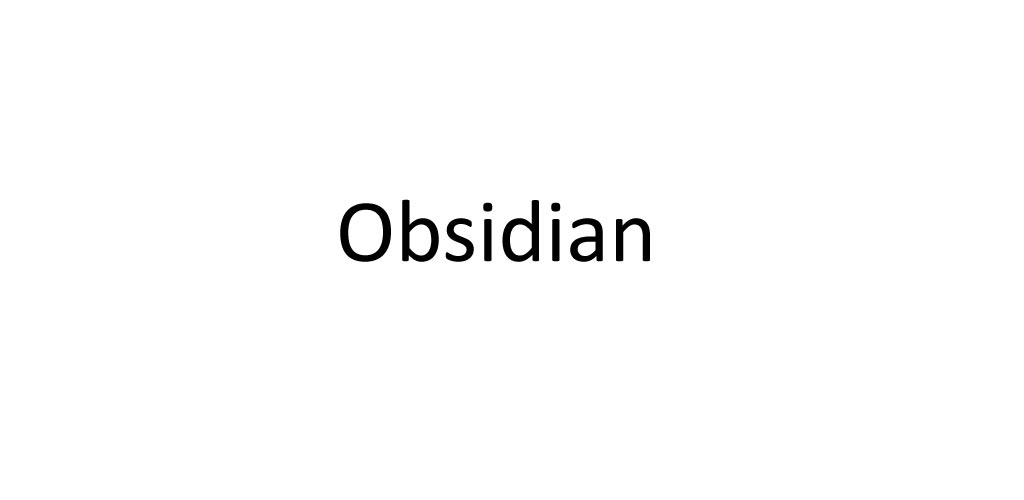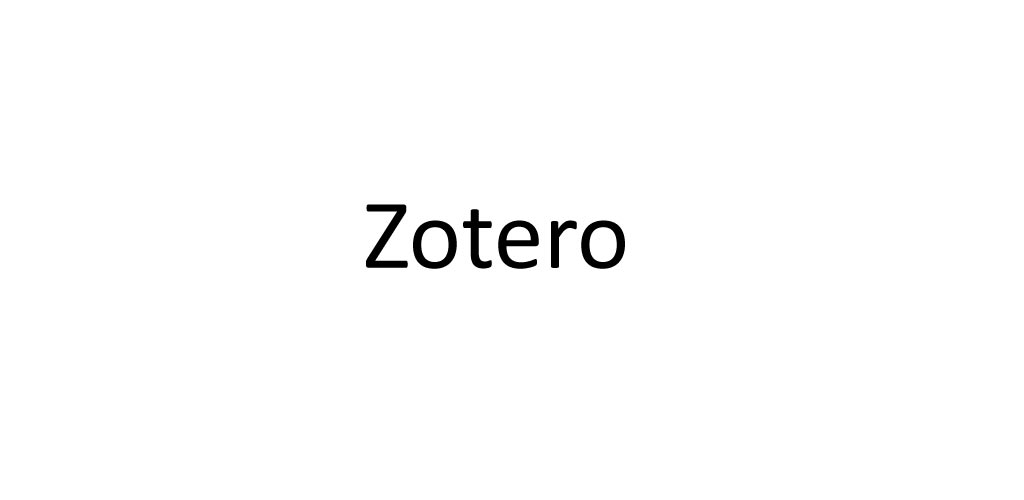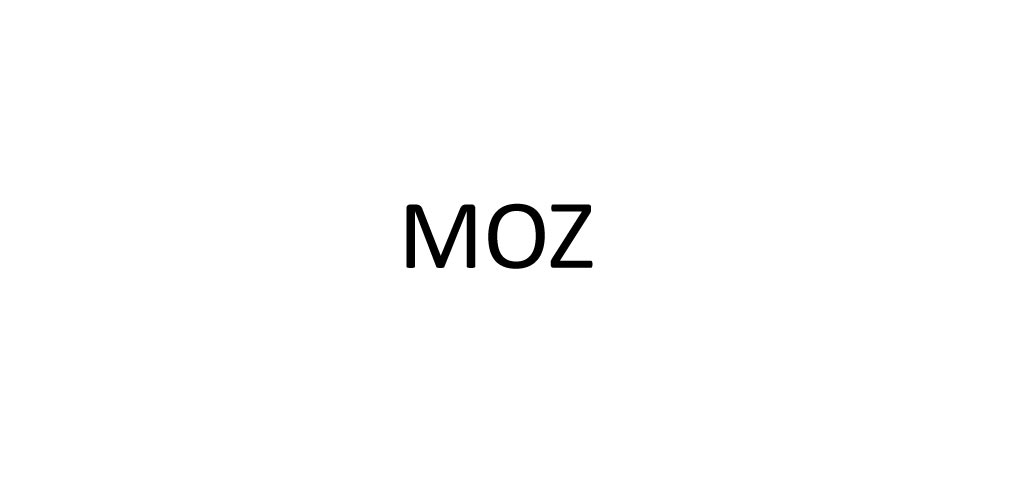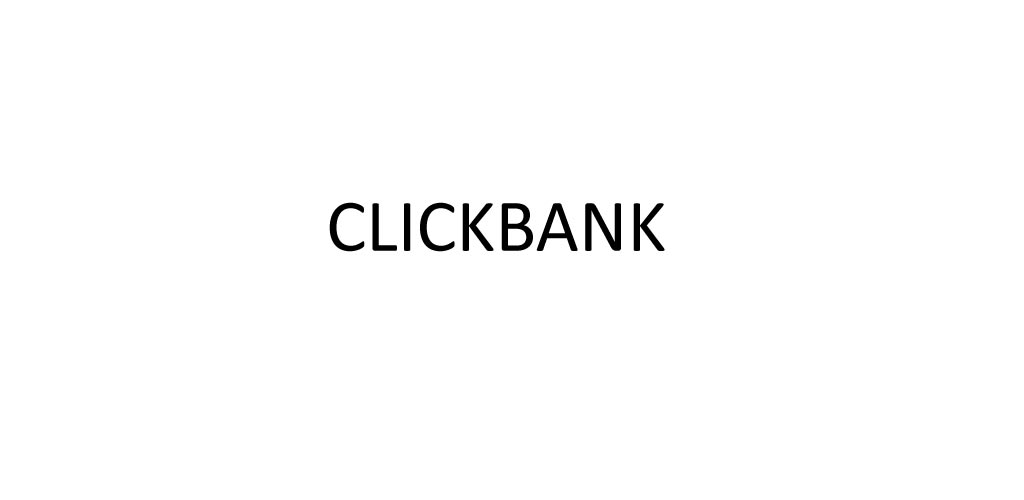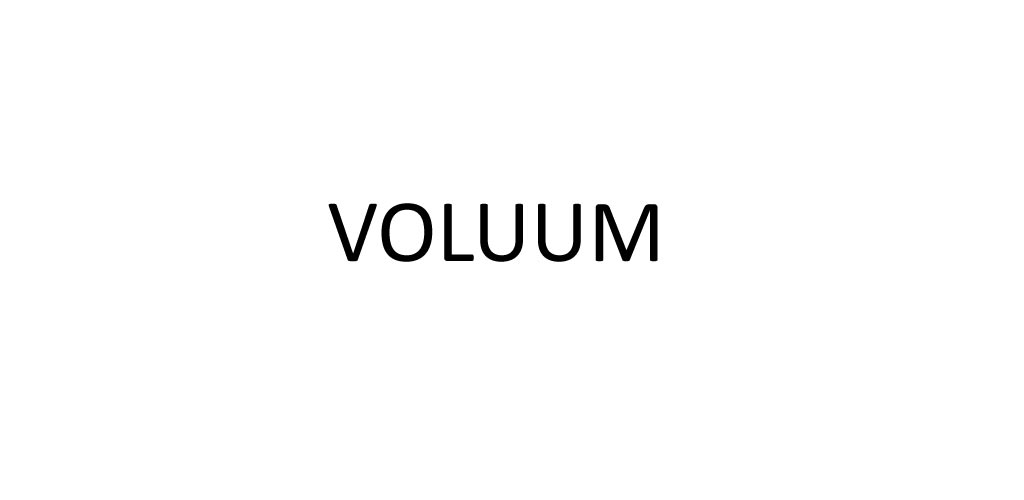Title: The Power of Regular Breaks: Boosting Focus and Productivity in Remote Work
In today’s fast-paced world, the concept of taking regular breaks during the workday may seem counterintuitive. However, the truth is quite the opposite. In the realm of remote work, where the lines between professional and personal life can blur, taking regular breaks has proven to be a powerful tool for maintaining focus, enhancing productivity, and promoting overall well-being. In this article, we will explore the significance of regular breaks and how they can rejuvenate remote workers.
The Remote Work Revolution
The remote work revolution has brought with it a host of advantages, including flexibility, reduced commuting stress, and a better work-life balance. However, it has also presented unique challenges, such as the risk of overworking and the potential for burnout. Remote workers often find themselves immersed in their tasks for extended periods, which can lead to decreased productivity and diminished creativity.
The Importance of Breaks
Breaks, even short ones, serve as essential intermissions in the workday. They offer several benefits that can help remote workers thrive in their roles:
- Maintaining Focus: Prolonged periods of concentration can lead to mental fatigue and reduced attention span. Taking breaks allows your brain to reset, making it easier to refocus when you return to your tasks.
- Enhancing Creativity: Breaks provide an opportunity for your mind to wander and explore new ideas. This creative thinking can lead to innovative solutions to work-related challenges.
- Reducing Stress: Regular breaks can help reduce stress levels. Engaging in relaxing activities during breaks, such as mindfulness exercises or deep breathing, can promote a sense of calm and reduce anxiety.
- Physical Health: Breaks enable you to address physical health needs. Stretching, walking, or performing simple exercises during breaks can alleviate discomfort from sitting for extended periods.
- Preventing Burnout: Overworking can lead to burnout, a state of emotional, mental, and physical exhaustion. Taking breaks is a proactive measure to prevent burnout and maintain long-term well-being.
Incorporating Breaks into Remote Work
Here are some practical tips on how remote workers can effectively incorporate regular breaks into their workdays:
- Schedule Breaks: Block out specific time slots in your schedule for breaks. Treat them with the same importance as work tasks to ensure they are not overlooked.
- Set Alarms or Reminders: Use alarms or reminders on your devices to signal when it’s time for a break. This can help you adhere to your break schedule.
- Change Your Environment: Consider moving away from your workspace during breaks to detach from work physically. A change in environment can be refreshing.
- Stretch and Move: Use breaks to stretch your muscles, go for a short walk, or engage in quick physical activities. This can alleviate physical strain and improve circulation.
- Mindfulness and Relaxation: Practice mindfulness exercises or relaxation techniques during breaks. Even a few minutes of deep breathing or meditation can reduce stress and enhance mental clarity.
- Disconnect: If possible, disconnect from work-related notifications and devices during breaks. This allows you to disengage from work tasks fully.
- Socialize Virtually: Use breaks to connect with colleagues or friends virtually. Social interactions can boost your mood and combat feelings of isolation in remote work.
In the world of remote work, where autonomy and flexibility are valued, taking regular breaks is not a luxury but a necessity. These brief respites provide the mental, physical, and emotional rejuvenation needed to maintain focus, boost creativity, and prevent burnout. By incorporating breaks into your remote work routine and recognizing their importance, you can harness their transformative power to achieve greater productivity, well-being, and overall success in your remote work journey. Remember, breaks are not interruptions; they are stepping stones toward enhanced performance and personal fulfillment in the remote work era.
For more info, contact us.
